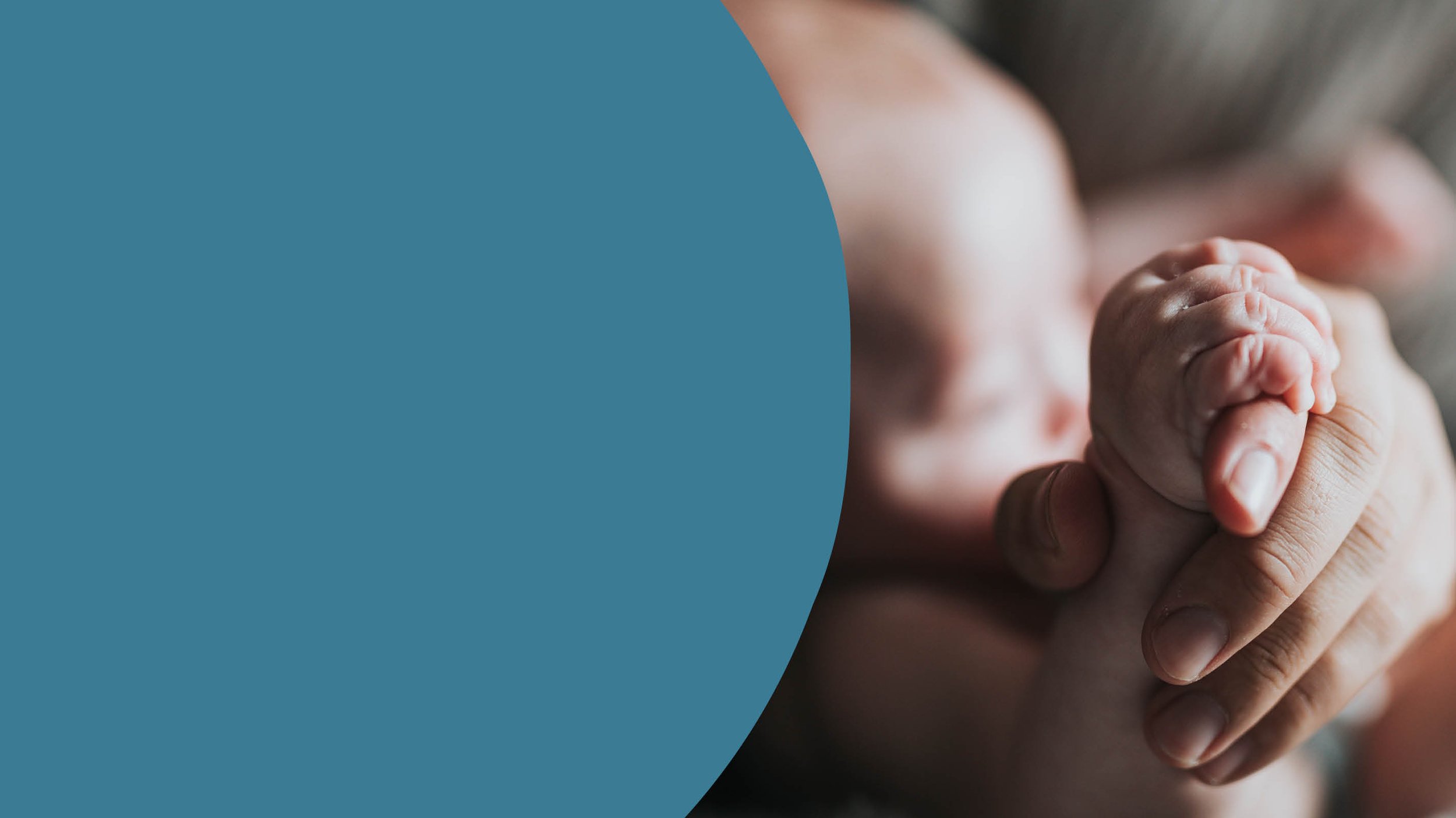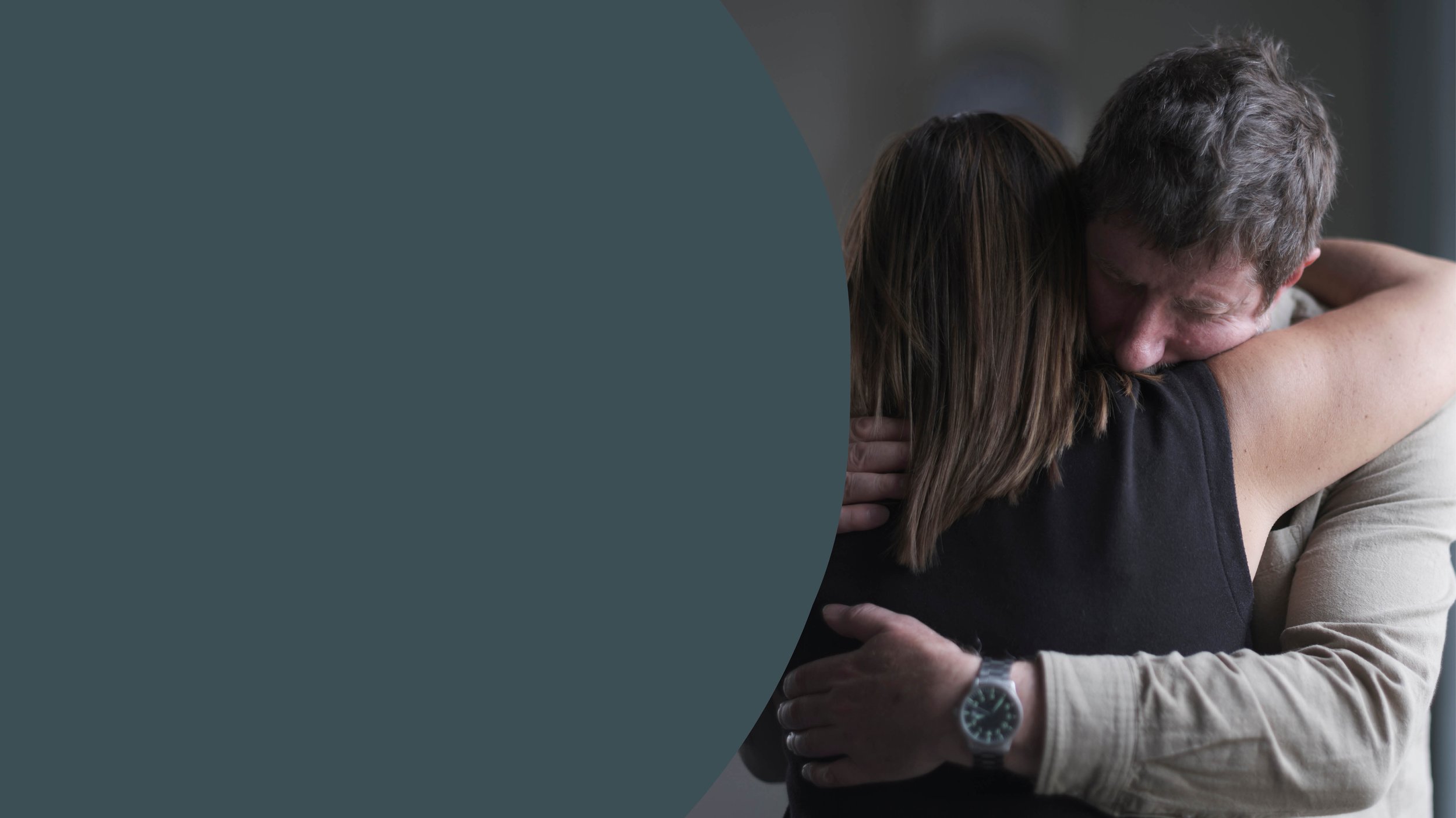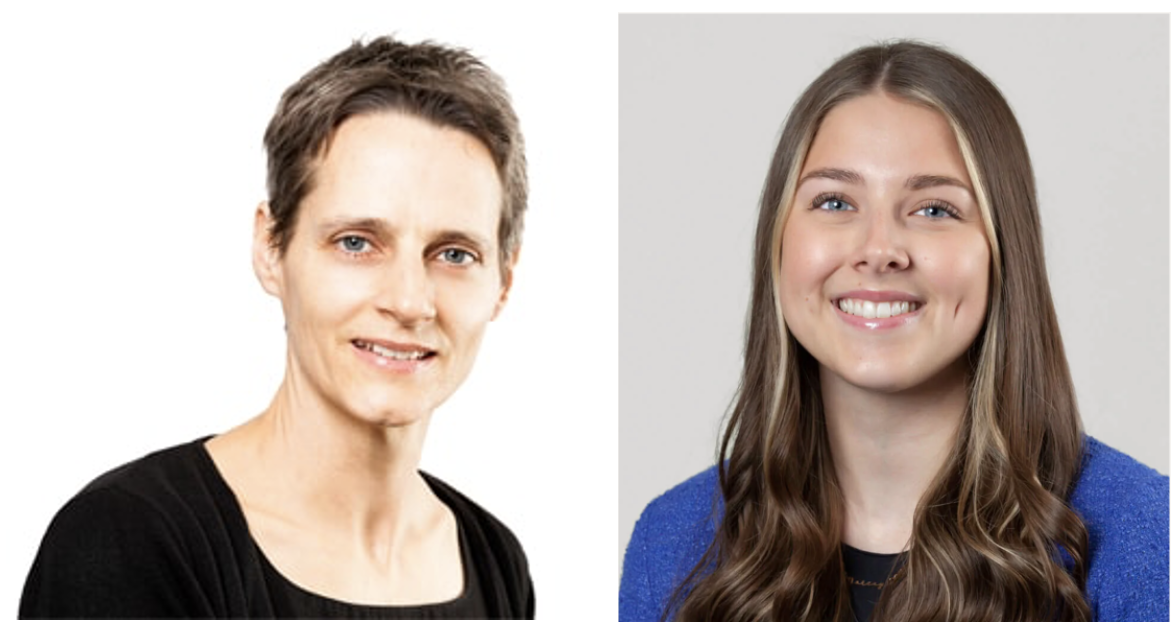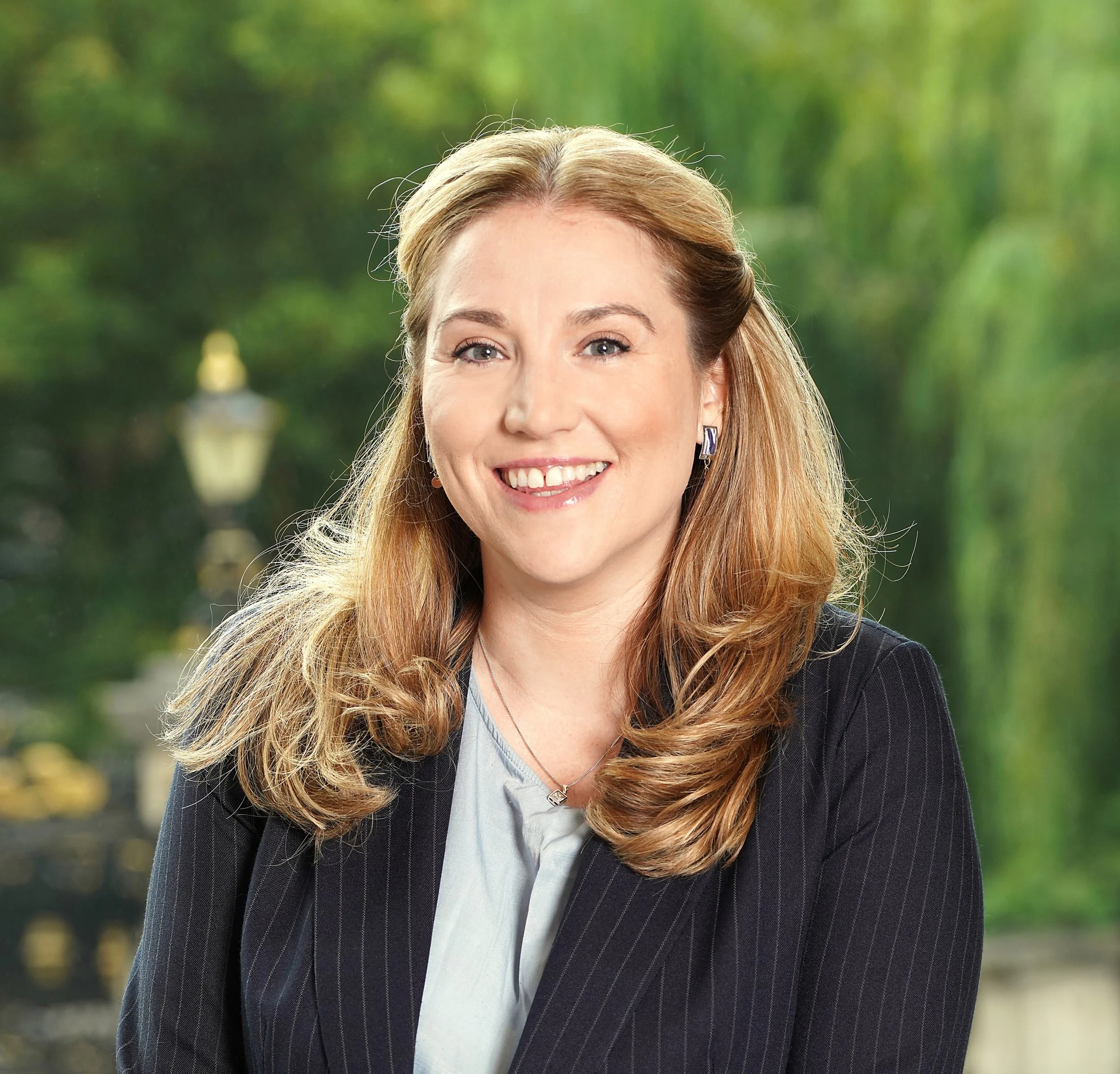
What we do
Founded in 2004 by Maureen Treadwell and Debbie Sayers, the Birth Trauma Association is a small but influential charity, working to support women and families who have experienced traumatic birth.
We believe we were the first charity in the world dedicated to providing this support – though since then we have been pleased to see similar charities launched in other countries. Although we are still a small charity, we believe we punch above our weight.
We work in three areas: supporting parents with birth trauma, policy and research, and campaigns.

Supporting parents with birth trauma
Our main role is to support parents who have been psychologically distressed by traumatic birth.
About 4-5% of women who give birth go on to develop post-traumatic stress disorder (PTSD) – that’s about 30,000 women a year in the UK. But many thousands more develop some symptoms of distress, such as flashbacks or anxiety, but not enough to qualify for a PTSD diagnosis. We support them too.
When a woman has trauma symptoms, those around her can be affected too, including her family and her partner. Living with someone who is deeply anxious, unhappy and on edge is not easy, and we recognise partners need support too. Some partners (about 1% according to research) even develop PTSD as a result of witnessing a traumatic birth.
Because of this, we offer support to partners as well as women.
As well as the formal support, we offer people the opportunity to receive expert advice from physiotherapists, doctors and lawyers. We do this mostly through online Q&As (for example, on Instagram), or online clinics over Zoom or Teams. We also have a lawyer on our board of experts who is able to help with queries about making a complaint or a medical negligence claim.
OBS UK STUDY
-

MBRRACE
We have a representative on MBRRACE, the large-scale research project that reports on maternal deaths and morbidity, and have worked on a range of projects with them. Our work has included using BTA surveys and membership feedback to help MBRRACE identify new areas to audit, and the production of patient leaflets communicating audit findings.
-

NICE
We have been guideline development group members on several NICE intrapartum and postnatal guidelines, including the postnatal care guideline, and have been able to make sure that the service user perspective is well represented. We also comment on many other draft NICE maternity guidelines when they go out for consultation, and have been successful in getting many of our amendments accepted.
-

OASI
Representing the patient voice on the OASI care bundle project, a collaboration between the Royal College of Obstetricians and Gynaecologists and Royal College of Midwives to reduce severe obstetric injury and incontinence following childbirth.
-

NMPA
We are members of service user groups on the National Maternal Perinatal Audit which looks at the data that is collected from maternity units and can influence services to collect data that is important for service users.
-

Government Enquiries
We provide submissions to a variety of government enquiries such as the Safety of Maternity Services conducted by the Health and Social Care Select Committee and published in 2021.
We’ve been invited to take part in the new all-party parliamentary group (APPG) on birth trauma.
We respond to consultations such as the National Maternity Review (2015), the Maternity Safety Enquiry (2020) and the government’s Women’s Health Strategy (2021).
-

Listen2Baby
We have been involved in the Listen2Baby project, a three-year programme of research, funded by the National Institute for Health Research (NIHR), which is aiming to improve the way that midwives monitor the fetal heart rate during uncomplicated labour.
-

Healthcare Improvement Scotland
We contributed to a project on placental growth factor-based testing to help diagnose pre term eclampsia.
-

The DISCERN study
BTA are partners in the DISCERN project, which aims to improve disclosure to families when things go wrong in maternity care.
-

The Re:Birth project
BTA are part of the Project Oversight Group of the Re:Birth project, a collaborative project to improve the language used in the UK maternity community to make it more woman-centred.
-

ROTATE trial
We’re involved with the ROTATE trial, randomised controlled trial to assess the value of using rotational forceps to change the position of the baby’s head during birth, and methods of reducing injury to women.
-
STRAWBS2
STRAWBS2 (Stress and Wellbeing After Childbirth). We contributed to this collaborative exploration of whether interventions with self help materials reduce PTSD following childbirth, which took place in community midwifery services in two National Health Service (NHS) trusts in the North West.
-
obs uk study
This Cardiff University study aims to reduce heavy bleeding after birth. The Obs care bundle is being piloted in a number of maternity units to see if it is effective in reducing the amount of bleeding experienced by women. We are taking part in the study to represent the patient voice.
Campaigns
Sadly, maternity care in the UK is often of a poor quality, and we hear many shocking stories about women being neglected in labour and birth, having their concerns ignored and procedures performed without consent. Care on the postnatal ward can be particularly poor.
We campaign to improve maternity care and maternal safety. This includes working with journalists to provide case studies, providing expert comment for news stories and highlighting particular issues during our annual Awareness Week through both social media and traditional media. We also work with other like-minded organisations where appropriate.
Our founder, Maureen Treadwell, also launched and ran the Maternity Outcomes Matter (MOMs) project on improving maternal safety, which has now wound down.
News & Campaigns
“I was broken after the birth of my son. My journey to healing started after finding the BTA. It was the first time I felt hope that I would get better, and that I wasn't alone.”
— BTA Facebook group member, 2023





